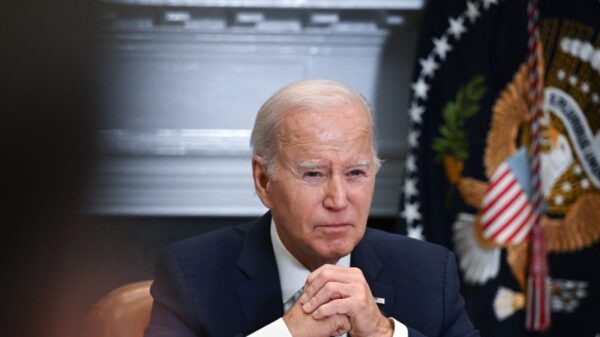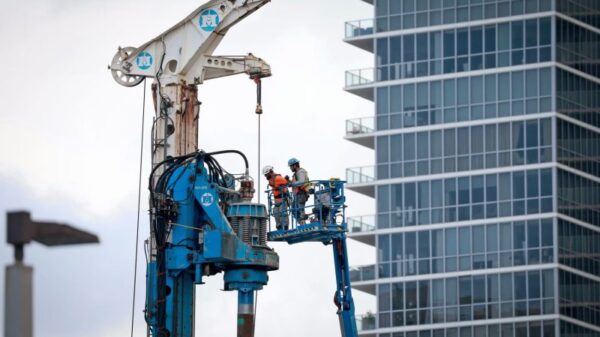As the world continues to grapple with the effects of the COVID-19 pandemic, another challenge is looming on the horizon – inflation. Inflation is the rate at which the general level of prices for goods and services is rising, and it can have a significant impact on the economy.
The pandemic has caused disruptions in supply chains, leading to shortages of goods and services. At the same time, governments around the world have been injecting massive amounts of money into their economies to keep them afloat. This combination of factors has led to a surge in demand for goods and services, which is driving up prices.
The Federal Reserve has been keeping interest rates low to stimulate the economy, but this policy could backfire if inflation continues to rise. Higher interest rates could be necessary to combat inflation, but this could also lead to a slowdown in economic growth.
The stock market has been on a rollercoaster ride in recent months, with investors trying to navigate the uncertainty caused by the pandemic and inflation. Market turbulence is likely to continue as investors try to make sense of the economic landscape.
Inflation can also have a significant impact on consumers. As prices rise, the purchasing power of their money decreases, making it more difficult to afford basic necessities. This can lead to a decrease in consumer spending, which can further slow down economic growth.
In conclusion, the looming threat of inflation is a cause for concern for the global economy. Governments and central banks will need to carefully balance their policies to prevent inflation from spiraling out of control while also supporting economic growth. Investors and consumers will need to be prepared for market turbulence and potential changes in their purchasing power.































